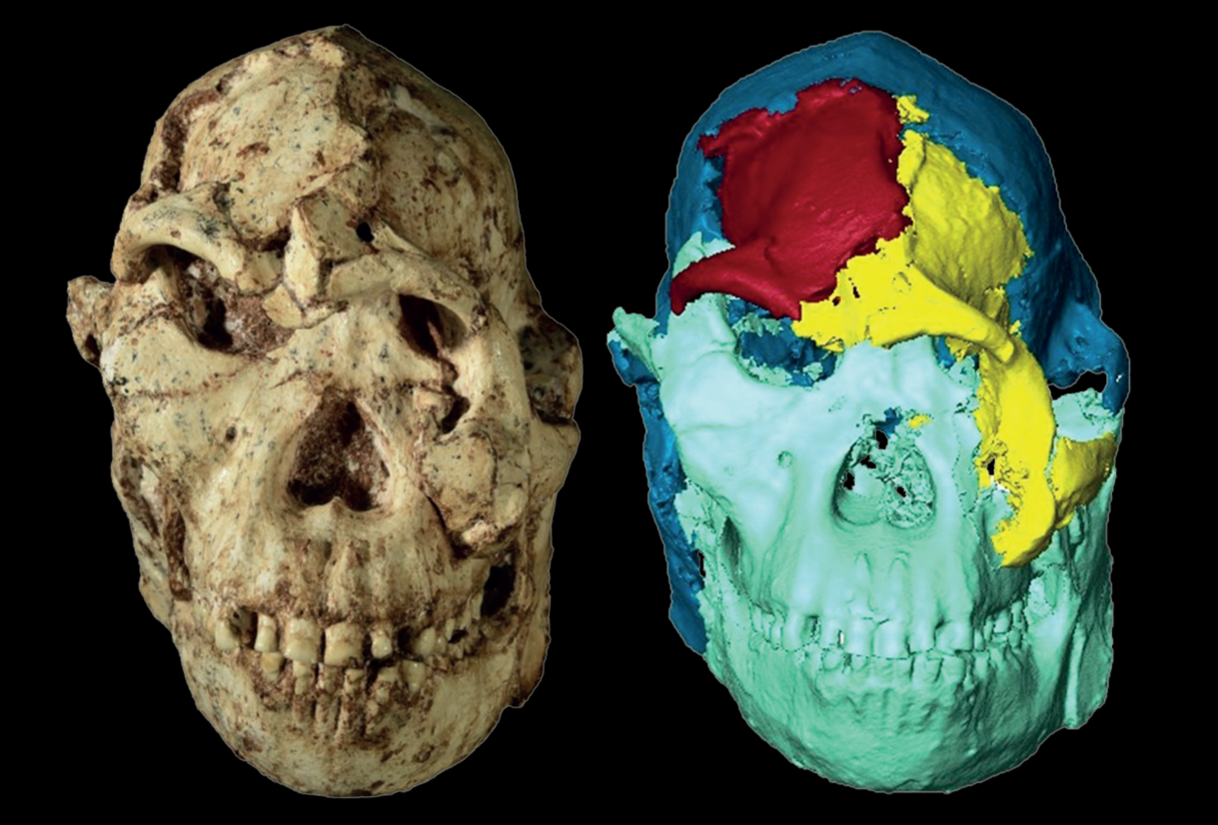What’s the impact of popular artificial sweeteners on your gut health?
Artificial sweeteners have increasingly replaced sugar in many foods and beverages. However, their long-term health benefits remain unclear.

[June 3, 2022: Karina Goldberg, Ben-Gurion University of the Negev]
Artificial sweeteners disrupt bacteria communication, which indicates that artificial sweeteners may be problematic in the long run. (CREDIT: Creative Commons)
Artificial sweeteners have increasingly replaced sugar in many foods and beverages. However, their long-term health benefits remain unclear. Now, a team of Ben-Gurion University of the Negev scientists lead by Prof. Ariel Kushmaro and Dr. Karina Golberg have tested six FDA-approved artificial sweeteners and found that they interfere with bacterial communication. While none of them actively kill off the bacteria, three of the six significantly impair communication, which, the scientists theorize, could lead to digestive diseases and discomfort.
Their findings were just published in the International Journal of Molecular Sciences.
“The fact that bacteria use quorum sensing to communicate with each other revolutionizes our understanding and enables us to provide clearer answers. Artificial sweeteners disrupt that communication, which indicates that artificial sweeteners may be problematic in the long run,” says lead researcher Dr. Golberg.
The scientists theorized that sports supplements contain artificial sweeteners in sufficient quantities to provide a good basis for testing as athletes constantly monitor their intakes. They tested aspartame, saccharin, sucralose, acesulfame potassium (Ace-K), advantame, and neotame. Three – aspartame, sucralose, and saccharin – were found to significantly inhibit bacterial communication. At least one of the three were found in all the sports supplements they tested.
Related Stories:
To test the sweeteners, they used bioluminescent indicator bacteria whose luminescence was reduced if bacterial communication was disrupted.
“There is little accurate labeling of artificial sweeteners on products, which makes it difficult to know how much each product contains. Our research should push the food industry to reevaluate their use of artificial sweeteners,” says Prof. Ariel Kushmaro, head of the Laboratory of Environmental Biotechnology in the Avram and Stella Goldstein-Goren Department of Biotechnology Engineering at Ben-Gurion University. Dr. Golberg is a researcher in his lab. Prof. Kushmaro is also a member of BGU’s Ilse Katz Center for Nanoscale Science and Technology.
Additional researchers include: Victor Markus, Orr Share, Marilou Shagan, Barak Halpern, Tal Bar, Esti Kramarsky-Winter, and Prof. Robert Marks of Ben-Gurion University. Prof. Kerem Terali of Near East University in Cyprus and Prof. Nazmi Ozer of Grine American University in Cyprus.
For more science and technology stories check out our New Discoveries section at The Brighter Side of News.
Note: Materials provided above by Ben-Gurion University of the Negev. Content may be edited for style and length.
Like these kind of feel good stories? Get the Brighter Side of News' newsletter.
Tags: #New_Discoveries, #Gut_Health, #Microbiome, #Sweeteners, #Science, #Obesity, #Research, #The_Brighter_Side_of_News



